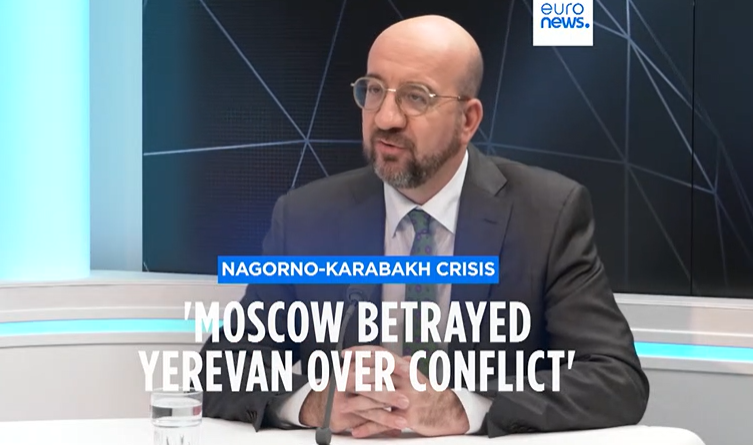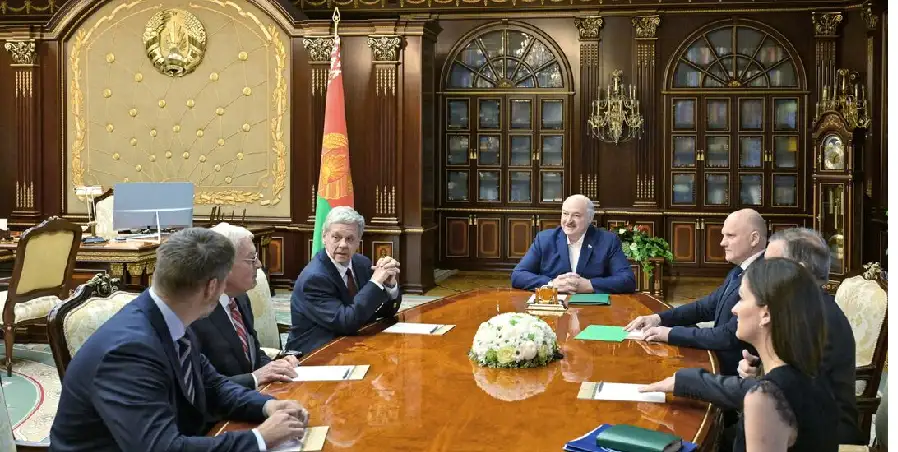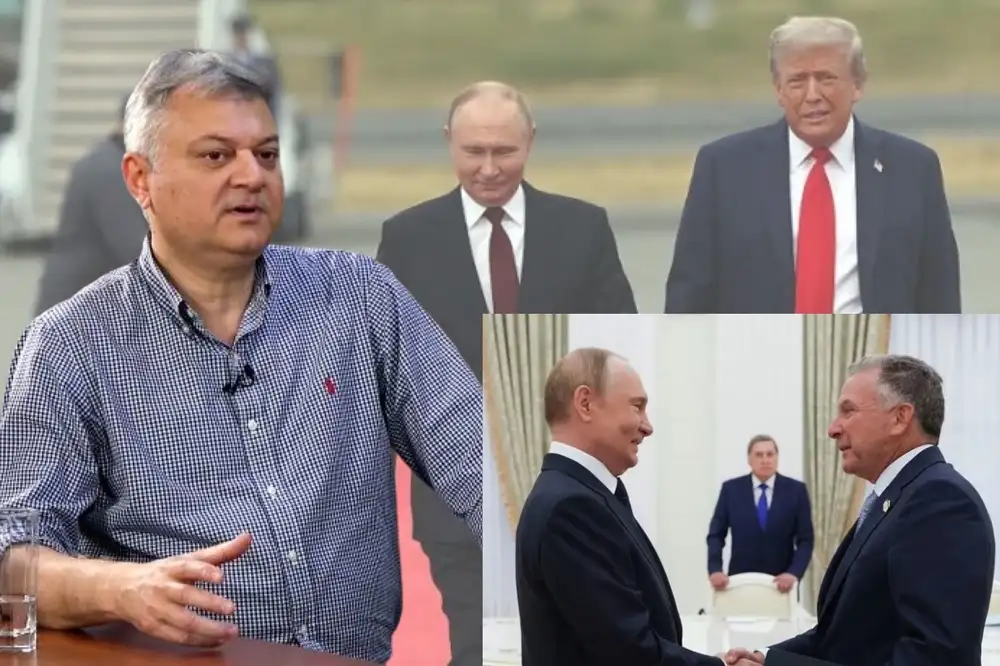"Russia did not ensure peace and security in Nagorno-Karabakh. It is clear to everyone that Russia has betrayed the Armenian people". Charles Michel, the head of the EU Council, stated this in an interview with Euronews.
"The situation is clear. No one can fail to see it. Russia has betrayed the Armenian population. Russia has expressed its desire for its soldiers to be present and guarantee stability and security agreements. We see that this military operation began without the slightest reaction from Russia, which is at the scene of events, unlike the European Union, which does not have a military presence there," said the President of the EU Council.
Charles Michel also emphasized that he intends to propose a mediation between the leaders of Armenia and Azerbaijan during the European Union summit in Granada, Spain, at the end of this week.
To the journalist's question that the Republic of Nagorno-Karabakh will cease to exist from January 1, how can trust be created under these conditions? Michel noted that Azerbaijan bears a great responsibility since it started the military operation.
"Now Azerbaijan must show goodwill, involve the international community in the observation of the situation, to protect the rights and security of the entire population living in Azerbaijan, including the Armenian population," emphasized Charles Michel.
The President of the EU Council also referred to the EU's relations with Baku, describing it as complex but promising.
"Brussels' relations with Baku continue to be complicated but promising. Last year, the European Union did a lot to get more natural gas from Azerbaijan. "Azerbaijan should be more involved in efforts to strengthen security and develop cooperation in the Caucasus," Michel said. He also referred to the ratification of Rome's status in the National Assembly.
"Is he a partner today?" Yes, he is a partner. Does this mean the relationship is simple? The association is complex. Does this mean there is trouble in this relationship? Yes, the reality is complicated, and it should be understood," concluded Charles Michel.




















